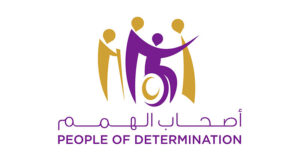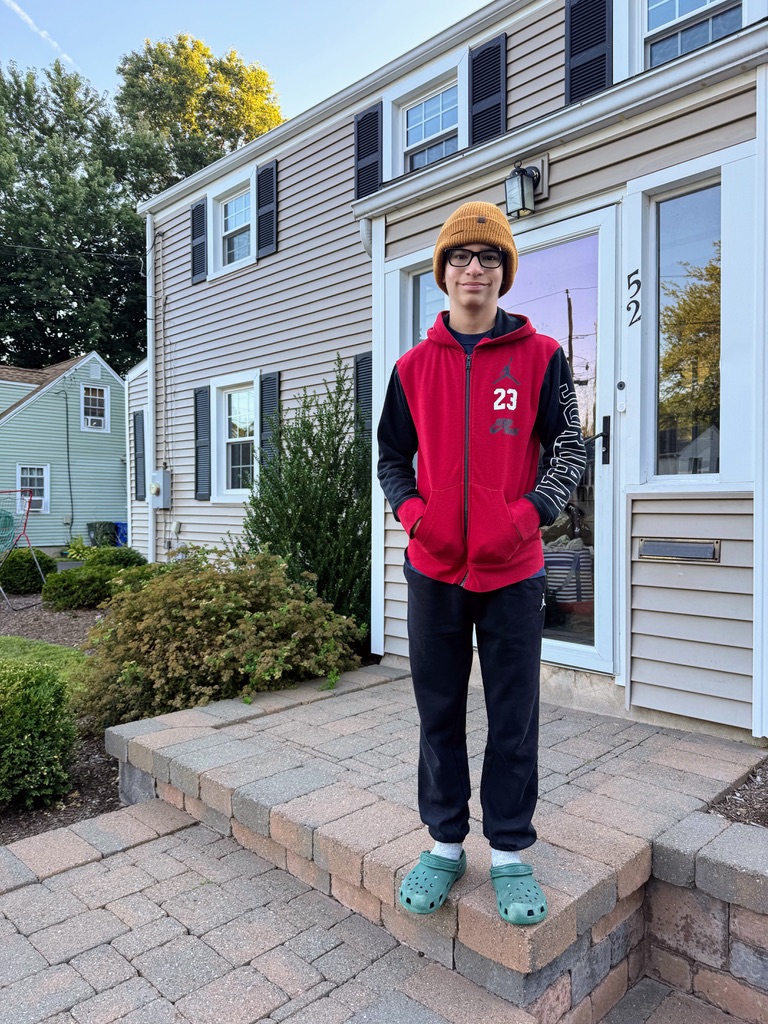My former principal, Plato Karafelis, referred to substitute teachers as “visiting teachers” because he wanted to show them greater respect and appreciation for their work.
Plato retired more than a decade ago, but I still use that term to describe the teachers who fill in for me when I am absent because his words were good, just, and productive.
The UAE recognizes people with disabilities as “people of determination” in recognition of their struggles and achievements.
I love this so much.
We have shifted from using the word “victim” to “survivor” in many trauma instances for similar reasons. We honor who they are rather than what someone has done to them.
I’ve always described myself as the victim of a terrible, violent crime when I was 22 years old that left me with a lifetime of PTSD.
Perhaps I should refer to myself as a survivor instead. It doesn’t quite feel right, but change is hard, but sometimes necessary.
This is why I stopped jokingly describing messy students as “savages” after learning that during colonialism and European expansion, “savage” was weaponized to describe indigenous peoples, Africans, and other non-Europeans. It became a tool for dehumanization, justifying slavery, land theft, cultural destruction, and murder by branding people as “less than” or “uncivilized.”
It was a simple change that acknowledged the horrors of history.
Words matter.
Whether we are elevating the status of a substitute teacher or disabled person, redefining the victim of trauma, or acknowledging the injustice and violence of the past, words matter.


